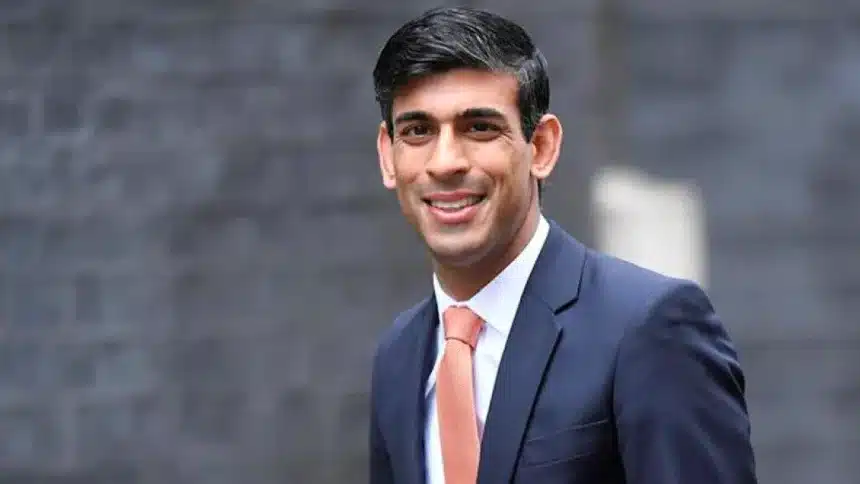The UK government proposed a package of measures aimed at overseas students on Tuesday, including a restriction on some family members, as officials face mounting pressure to reduce immigration.
After a brief dip during the epidemic, net migration has been steadily increasing and is likely to reach a new high this year.
Official data released in November anticipated net migration to June 2022 at slightly more than 500,000.
Only students on postgraduate degrees categorized as research programmes will be permitted to bring dependents to the UK while studying under the new ideas.
Overseas students will be barred from changing “from the student route to the work route” before their studies are completed.
According to a government statement, there will also be “improved and increased enforcement activity” and a crackdown on “unscrupulous agents” who use education as a cover for immigration.
Last year, 136,000 visas were awarded to dependants of international students, an increase of eightfold from 16,000 in 2019, according to Home Secretary Suella Braverman in a written submission to parliament.
The minister, a Brexit hardliner whose immigration language has sparked controversy, stated that international students play a vital role in supporting the UK economy.
But she added that it should not come at the cost of the government’s “commitment to the public to lower overall migration and ensure that migration to the UK is highly skilled and therefore provides the most benefit”.
Braverman said the proposals struck the “right balance” and would likely see net migration “fall to pre-pandemic levels in the medium term”.
Uncontrolled immigration from the European Union was a major battlefield in the 2016 Brexit referendum, which saw the United Kingdom leave the bloc.
Thousands of individuals have successfully crossed the English Channel in small boats to seek asylum in the country since 2018.
More than 45,000 people landed in the UK last year, putting political pressure on the government, which had promised to “regain control” of the country’s borders.
Boris Johnson, one of Prime Minister Rishi Sunak’s Conservative predecessors, agreed with Rwanda last year to send unsuccessful asylum applicants to the central African country.
However, the project has been bogged down in legal wranglings and has yet to get underway.
Brexit has resulted in the end of freedom of movement for workers within the EU, as well as tightened immigration laws, which have proven to be contentious for businesses.
Many industries that historically relied largely on EU labor, particularly agriculture and health and social services, are now facing severe talent shortages.
According to the Sun UK, immigration records show a “explosion” in the number of persons relocating to Britain on the basis of their families’ student visas.
- Squeezing the Poor: The Silent Struggle of Nigeria’s Starving Souls
- Plates of Despair: Nigerian Women Battle Against Deepening Hunger
- Shadows of Hunger: Struggles of Nigeria’s Displaced Children Begging to Eat, Survive on the Streets – Part 2
- Shadows of Hunger: Struggles of Nigeria’s Displaced Children Begging to Eat, Survive on the Streets – Part 1
- ‘This Is Messing Up My Performance’ —Angry Rema Walks Off Stage Over Poor Sound In Atlanta
Last year, 135,788 family members accompanied students to the United Kingdom for studies, which is nine times more than in 2019.
“Last year, 59,053 Nigerian students brought over 60,923 relatives,” according to the report.
Nigeria and the other nations were included on the UK’s amended ‘Code of Practice for the International Recruitment of Health and Social Care Personnel in England’, which was based on the World Health Organization Workforce Support and Safeguard List, 2023.






